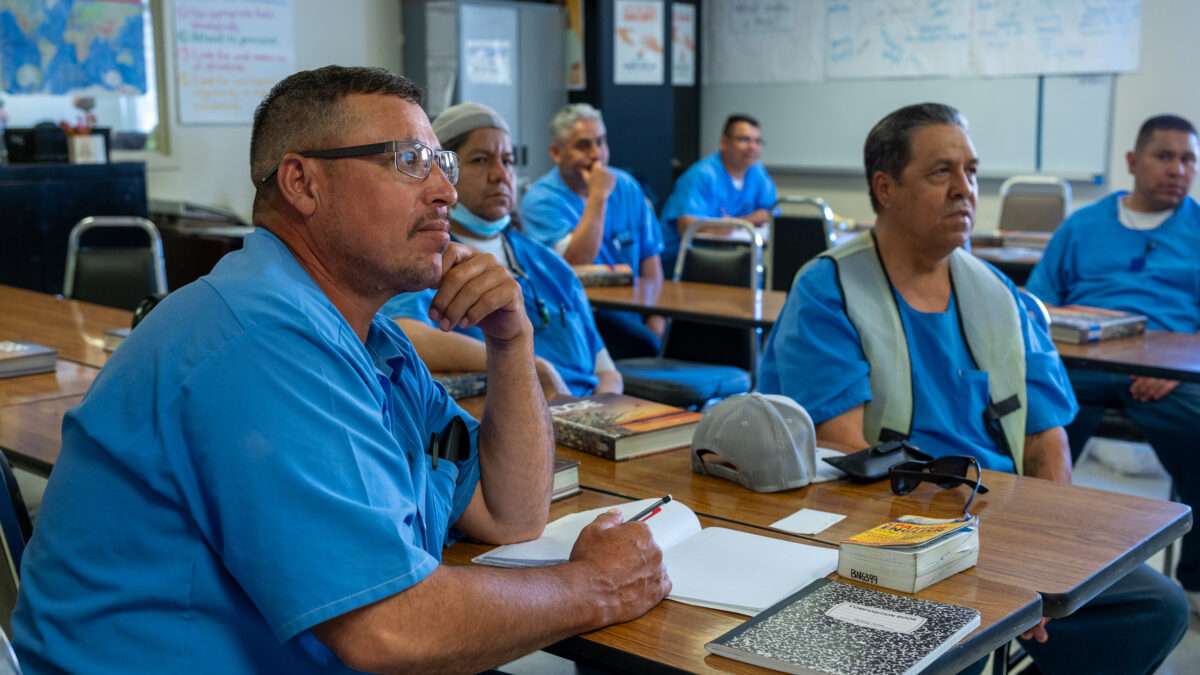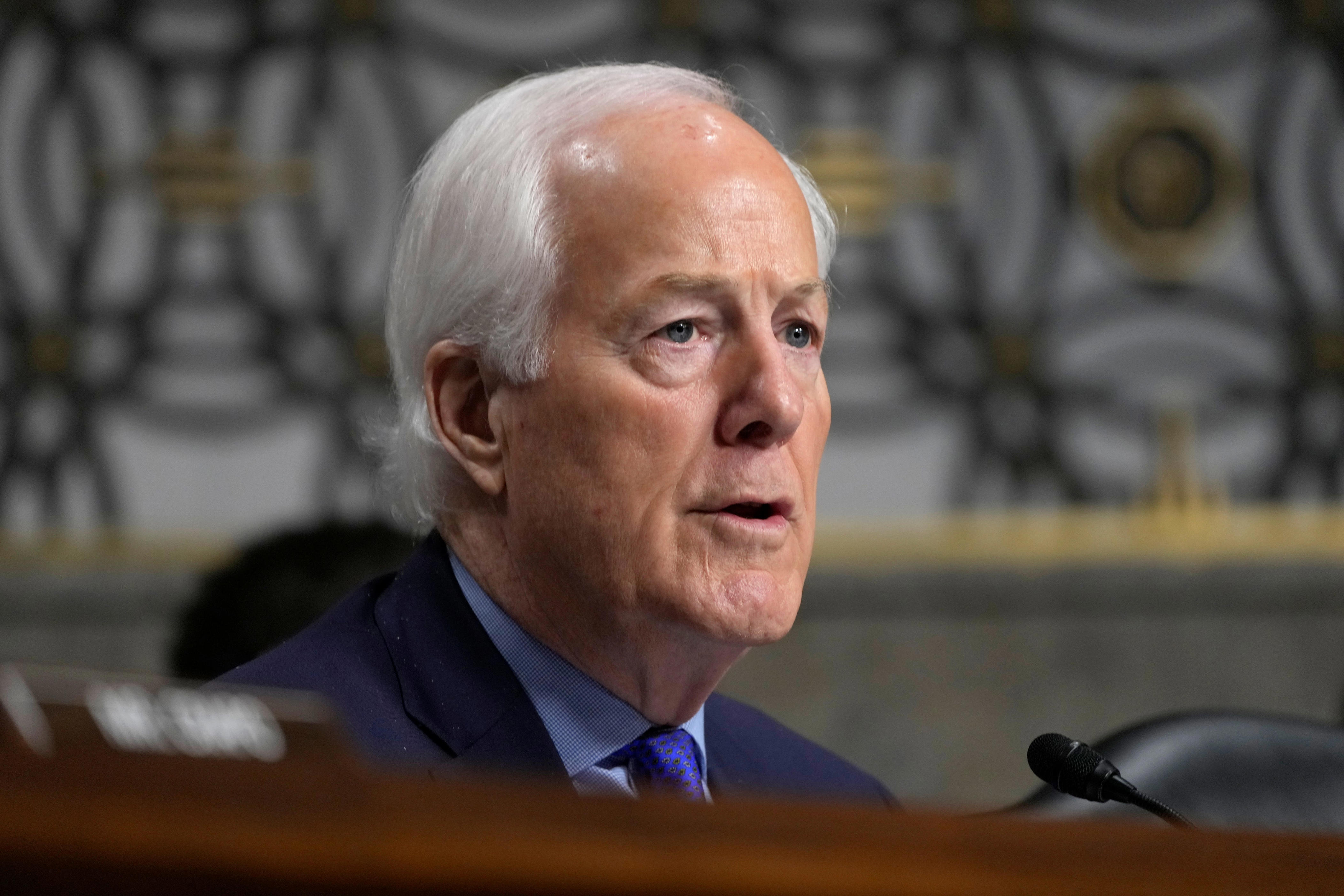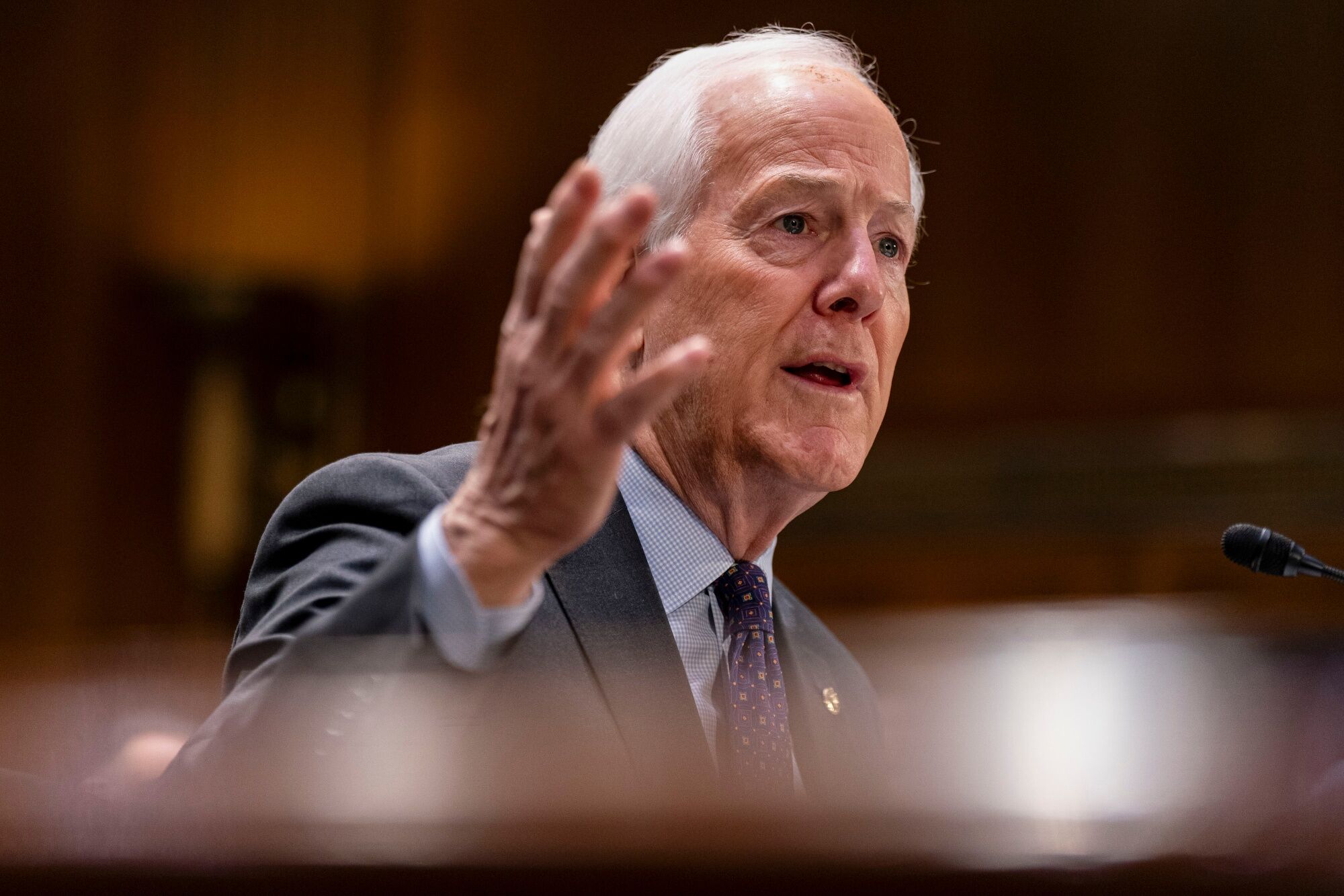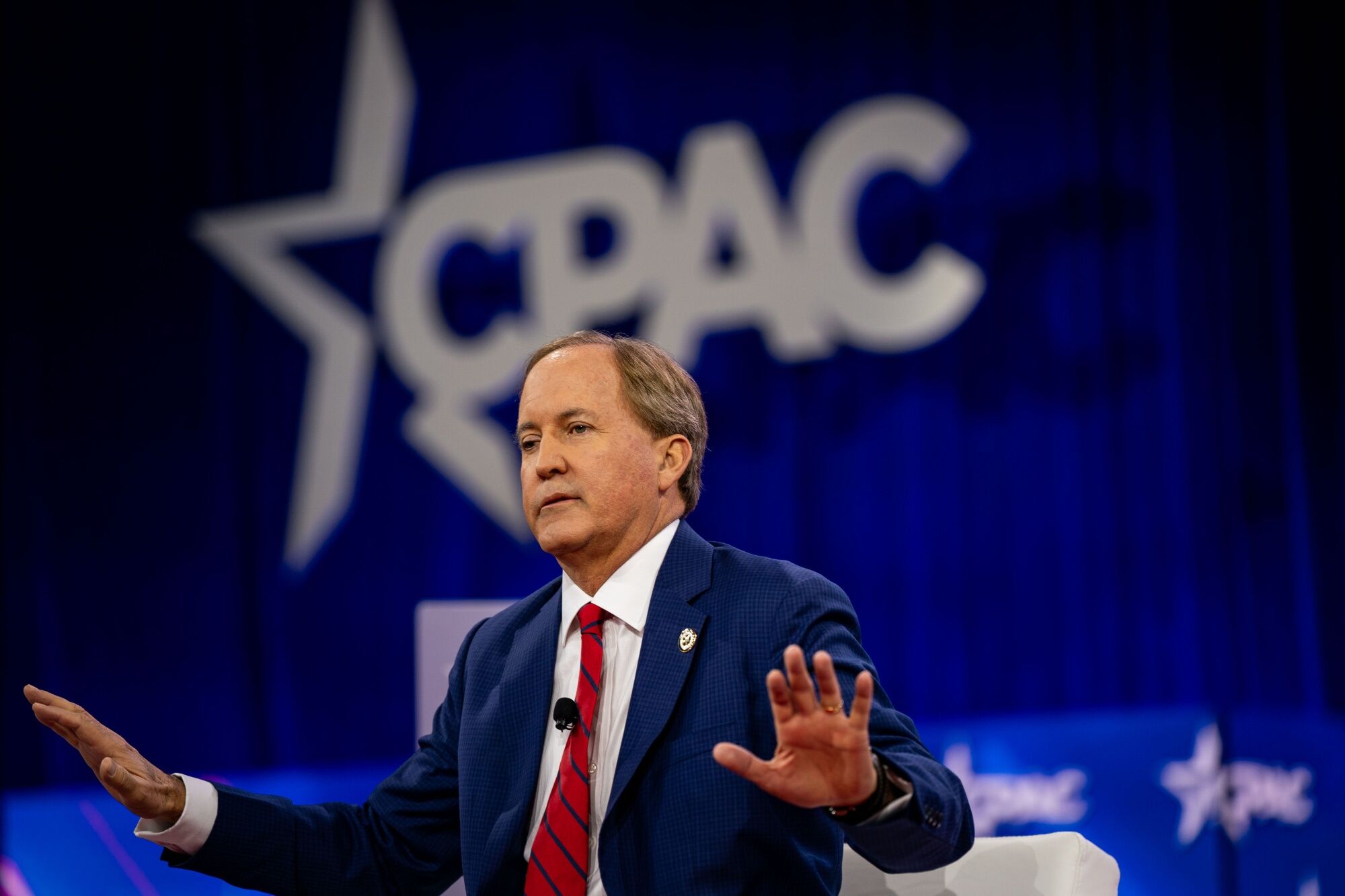The Administration of Criminal Justice Law (ACJL) in Nigeria aimed at enhancing the effectiveness of the judicial process, guaranteeing prompt and equitable administration of justice. Despite being enacted several years ago, the legal framework continued to face substantial budget shortfalls, pervasive corruption, inadequate enforcement, and undue political influence. Non-governmental organizations like the CLEEN Foundation have persistently highlighted issues related to insufficient financial support for criminal justice entities and how these deficiencies undermine the principles of lawfulness.
A recent policy briefing conducted by the CLEEN Foundation in Lagos addressed under the theme "Media Advocacy for Greater Financial Investment in Effective Enforcement of the ACJL" underscored the critical necessity for enhanced fiscal commitment from the government. Even with considerable funding allocated towards security measures, infrastructure development, and policing efforts, the organization pointed out that minimal progress has been made toward bolstering institutions responsible for criminal justice.
The Nigerian criminal justice system mainly relies on government funding, receiving allocations from both federal and state budgets.
These allocations frequently fall short, resulting in significant difficulties during the investigation, prosecution, and adjudication stages.
Dr. Salaudeen Hashim, the Programme Director at CLEEN Foundation, highlighted that even with constitutional provisions and the ACJL framework in place, financial assistance continues to be insufficient.
A detailed look at the 2024 Ministry of Justice (MoJ) budget vividly highlights misguided priorities.
Although only N73 million was set aside for the Administration of Criminal Justice Monitoring Committee (ACJMC), which oversees the implementation of ACJL reforms, a significant sum of N971.9 million went towards renovation expenses, and an additional N480 million was designated for purchasing vehicles.
These financial choices underscore the administration's insufficient dedication to enhancing the criminal justice system.
The consequences of underfunding are dire. Custodial centres have turned into breeding grounds for crime, police stations lack essential investigative tools, and case backlogs continue to overwhelm the judiciary. In many states, law enforcement officers lack proper training and resources to effectively enforce the law, leading to arbitrary arrests, prolonged detentions, and, in some cases, extrajudicial killings.
For instance, in some states, there is only one forensic laboratory serving millions of people, making proper criminal investigations nearly impossible. The lack of forensic experts further cripples the ability of investigators to gather solid evidence, resulting in wrongful convictions or the dismissal of serious cases due to insufficient proof.
Beyond funding inadequacies, corruption has further undermined the effectiveness of the ACJL. CLEEN Foundation identified several ways in which corruption thrives within the justice system, including:
The misuse of plea bargains, particularly in cases involving politically exposed persons (PEPs).
The emphasis on capital projects for individual benefit instead of reinforcing the judicial framework.
Political influence over judicial appointments and case proceedings.
The absence of transparency in budget formulation and implementation.
Bribery within law enforcement agencies, where suspects make payments to evade prosecution.
The issue of plea bargaining has become particularly contentious. While the concept was introduced to expedite justice, its implementation in Nigeria has been largely manipulated to protect the elite.
The Acting Executive Director of CLEEN Foundation, Mr. Peter Maduoma, strongly criticised the manner in which plea bargaining is being used as an escape route for corrupt politicians and influential individuals.
“A situation where somebody has stolen N50 billion and then, through plea bargain, is ordered to pay a fraction of that amount before walking free is a grave injustice,” Maduoma stated. “The media must continue to highlight this issue until this section of the law is amended and made more equitable.”
Similarly, Dr. Hashim pointed out that plea bargaining, instead of serving as a tool for justice efficiency, has become a means for shielding offenders from the full weight of the law.
“At the point of investigation, they quickly introduce plea bargaining as an alternative to prosecution, which effectively means justice is not served,” he said.
The consequences of this practice are far-reaching. While the wealthy and politically connected use plea bargaining to evade punishment, the poor, who cannot afford legal representation, are left to languish in prison for minor offences.
The Role of the Media in Criminal Justice Reform
For effective advocacy and accountability, the media must take a proactive role in ensuring that ACJL implementation is not only properly funded but also free from corruption. The CLEEN Foundation emphasized that journalists must:
¡ Consistently track budget allocations and their utilization within the justice sector.
¡ Investigate instances where government agencies fail to release funds for ACJL implementation.
Reveal instances where political influence disrupts judicial proceedings.
Increase consciousness regarding the deficiencies in ACJL implementation across different states.
Promote success stories from states that have advanced in their justice sector reforms.
Journalists are also urged to leverage their platforms to amplify the voices of CSOs advocating increased funding and reforms in the criminal justice system. In states like Delta, where some reforms have been effectively implemented, the media should highlight best practices that can serve as models for other states.
Moreover, the media needs to take an active part in ensuring accountability among law enforcement agencies. Instances such as escapees eluding custody, unjustified detainments, and acts of violence should be thoroughly reported and continuously monitored to guarantee that justice prevails.
The Way Forward: Policy Recommendations for ACJL Implementation
To ensure that the ACJL achieves its full potential, several key actions must be taken:
¡
Increase Budgetary Allocations:
The government needs to prioritize allocating funds to the justice sector. Sufficient resources should be provided for investigations, prosecutions, forensic analyses, witness protection programs, and judicial facilities.
¡
Strengthen Anti-Corruption Mechanisms:
Transparency and accountability should be strengthened within the criminal justice system. This involves overseeing the execution of budgets and making sure that resources do not get redirected for personal or political advantage.
¡
Improve Stakeholder Coordination:
The absence of collaboration among entities involved in the justice system has led to inefficiencies. To improve the effectiveness of ACJL implementation, the Ministry of Justice, law enforcement agencies, and civil society organizations need to work together more closely.
¡
Enhance Public Awareness:
A large number of individuals working within the justice system, such as police officers and judicial officials, have not had the opportunity to review copies of the ACJL. To guarantee that every stakeholder comprehends the legal provisions, it is essential to enhance awareness and introduce training initiatives.
¡
Revamp the Plea Bargain System:
The implementation of plea bargaining needs strict regulation to avoid misuse. It is crucial that the government ensures financial resolutions do not supersede legitimate judicial punishments for corruption and other grave offenses.
¡
Invest in Forensic and Digital Technology Infrastructure:
Lack of forensic labs and digital case management systems has impeded efficient investigations and prosecutions. Additional funding is required to update Nigeria’s criminal justice framework.
¡
Guarantee the Judicial System’s Autonomy from Politics
Political intervention continues to pose a significant challenge within Nigeria’s justice framework. It is essential to implement reforms aimed at protecting judicial autonomy, guaranteeing that both judges and prosecutors can function free from outside influence.
The effective implementation of the ACJL in Nigeria hinges on adequate funding, transparency, and a commitment to reform. As highlighted by the CLEEN Foundation, the current state of criminal justice in Nigeria is unsustainable, with corruption, delays, and inefficiencies eroding public trust in the system.
The media has a crucial role to play in driving advocacy for increased budgetary allocations and justice sector reforms. By holding the government accountable, exposing corruption, and amplifying the voices of CSOs, journalists can contribute to a more transparent, fair, and functional criminal justice system in Nigeria.
If urgent actions are not taken to address these challenges, justice will continue to be a privilege for the highest bidder, leaving ordinary Nigerians vulnerable to the failures of an underfunded and compromised system.
Provided by Syndigate Media Inc. (
Syndigate.info
).















